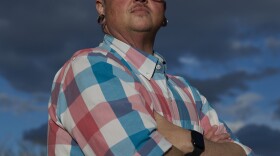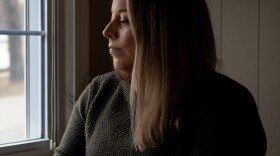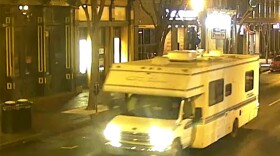Emily Siner
Emily Siner is an enterprise reporter at WPLN. She has worked at the Los Angeles Times and NPR headquarters in Washington, D.C., and her written work was recently published in Slices Of Life, an anthology of literary feature writing. Born and raised in the Chicago area, she is a graduate from the University of Illinois at Urbana-Champaign.
-
A surgeon quickly addressed a secondary problem he noticed during a routine operation. The surgery center billed the patient for two separate operations.
-
Suffering stomach pain, a Dallas man visited his local urgent care clinic — or so he thought, until he got a bill 10 times what he’d expected.
-
Suffering stomach pain, a Dallas man visited what he thought was an urgent care clinic — and got a bill 10 times what he’d expected.
-
Agreeing to an out-of-network doctor's financial policy, which protects their ability to get paid and may be littered with confusing jargon, can create a binding contract that leaves a patient owing.
-
A frugal Tennessee resident opted out of Medicare Part B, which carries $175 monthly premiums. Now her heirs face a huge bill for an air-ambulance ride.
-
For the patient, it was a quick and inexpensive virtual appointment. Why it cost 10 times more than she expected became a mystery.
-
Convenient as it may be, beware of getting your blood drawn at a hospital. The cost could be much higher than at an independent lab, and your insurance might not cover it all.
-
Convenient as it may be, beware of getting your blood drawn at a hospital. As one Texas woman discovered, the cost could be higher than at an independent lab, and your insurance might not cover it.
-
More than a year before the explosion that rocked Nashville last week, the woman told police that he "was building bombs in the RV trailer at his residence."
-
Hunting is on the decline in some parts of the country. At this week's National Wild Turkey Federation convention, officials want to recruit new hunters, especially women.








